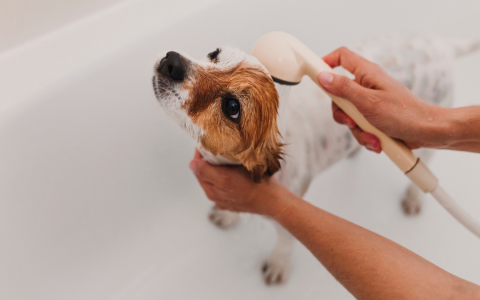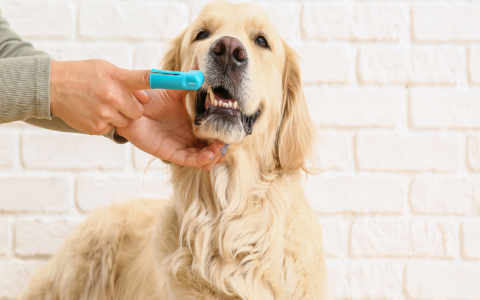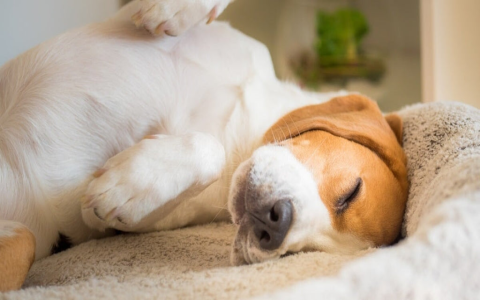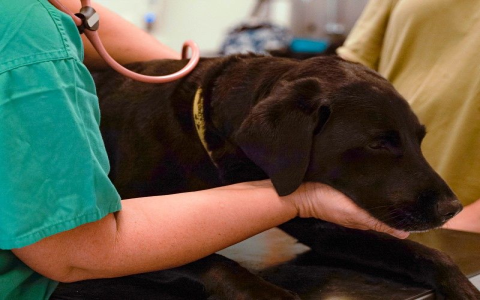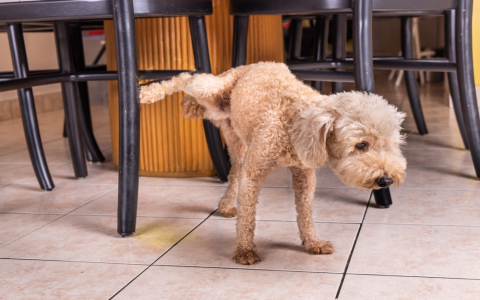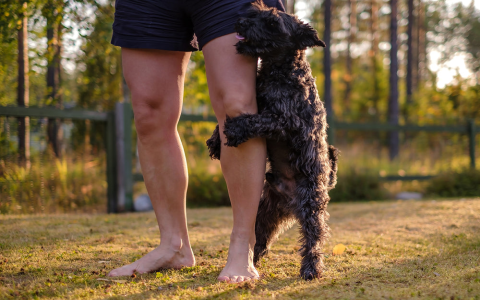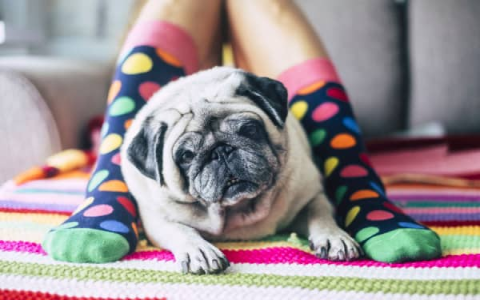Why does my old dog shake? Learn the key signs that indicate when shaking is a serious problem.
Okay, let's talk about something that really had me worried sick a while back – my old buddy, Max, started shaking. Not just a little shiver like he was cold, but proper trembling, mostly in his back legs.
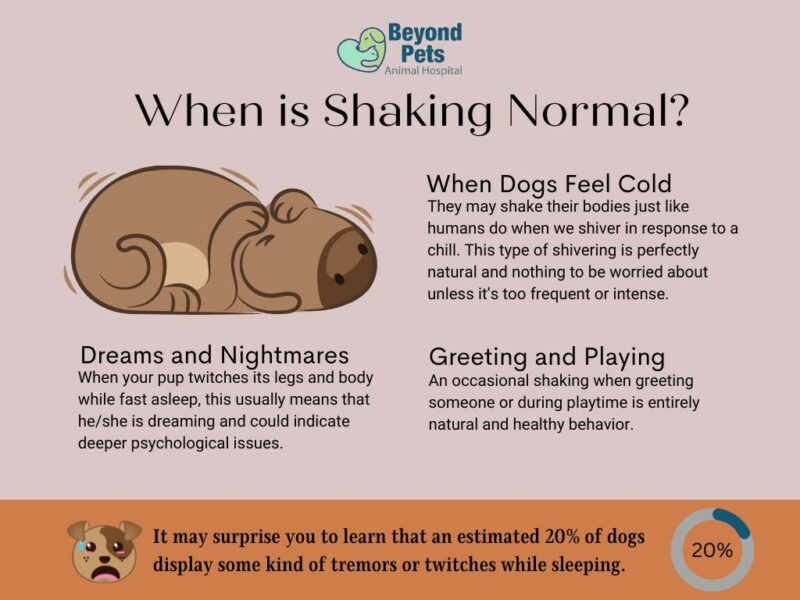
At first, I thought, maybe it's just chilly in the house? You know how old bones feel the cold more. So, I cranked up the heating a bit, made sure his favorite blanket was extra fluffy and right there for him. Didn't seem to make much difference, though. He'd still get these shaky episodes, sometimes just standing there, sometimes when he was trying to get up or lie down.
I started watching him like a hawk. Was it after walks? Before eating? When strangers came over? Tried to find a pattern. It seemed kinda random, but maybe worse in the evenings or when he seemed a bit tired. My mind started racing, thinking all sorts of bad things, you know? Is it pain? Something serious?
My observation list looked something like this:
- Mostly hind legs trembling.
- Happened even when he was warm and seemed relaxed.
- Sometimes happened when getting up or down.
- Didn't seem linked to specific noises or events all the time.
- He was still eating and drinking okay, tail wagging, mostly his usual self otherwise.
After a few days of this, just watching and worrying wasn't cutting it. I knew I wasn't a vet. Guessing games weren't fair to him. So, I called up our local vet, Dr. Miller, bless her heart, she's known Max since he was a clumsy pup.
Trip to the Vet
Getting Max in the car is always a production, but we managed. At the clinic, Dr. Miller gave him a good look-over. Felt his joints, watched him walk, asked me a ton of questions based on what I'd been seeing. She was really patient, letting Max sniff around and feel comfortable.
She explained that shaking in older dogs can be down to a bunch of things. It wasn't one simple answer, which honestly, was kinda frustrating but also made sense. She mentioned stuff like:
- Arthritis pain: Old joints get creaky and sore, just like ours. The shaking could be from discomfort.
- General weakness: Muscle loss happens as they age.
- Anxiety or stress: Sometimes dogs shake when they're feeling unsure or scared, though it didn't totally fit Max's pattern.
- Canine Cognitive Dysfunction (like doggy dementia): This can sometimes cause weird behaviors, including shaking.
- Just 'old dog shakes': Sometimes, she said, it's just a thing that happens as their nervous system ages, often called idiopathic tremors, meaning no specific cause found.
She did some basic checks and thankfully ruled out anything immediately scary. Based on his age and where the shaking was, she suspected arthritis was playing a big part, maybe mixed with just general old-age muscle weakness.
So, we started Max on some joint supplements and a mild pain reliever specifically for dogs. Dr. Miller also suggested keeping his exercise gentle – shorter, more frequent walks on soft ground instead of long hikes. We also made sure he had non-slip mats on our wooden floors to help him get up and down easier, reducing strain.
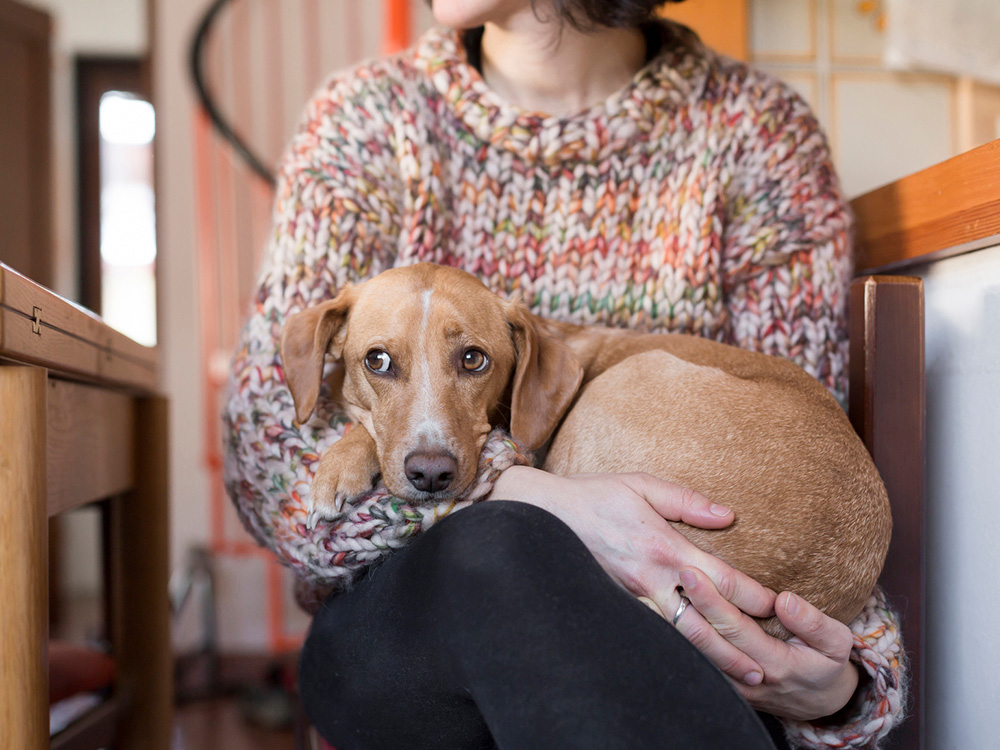
It didn't stop the shaking completely overnight, but it definitely reduced it. He seems more comfortable getting around now. Sometimes the legs still tremble a bit, especially if he's been standing for a while, but it's not as constant or severe. It’s just part of managing life with my sweet old man. Seeing him shaky was scary, but going through the process, observing him, and getting professional advice made a world of difference. Just gotta keep him comfy and loved, tremors and all.
